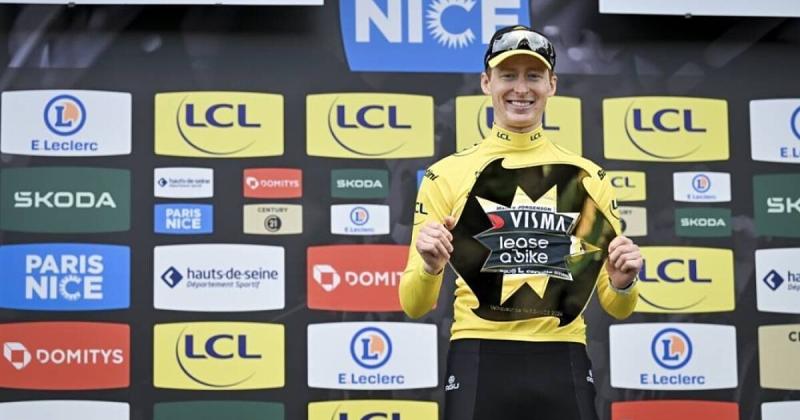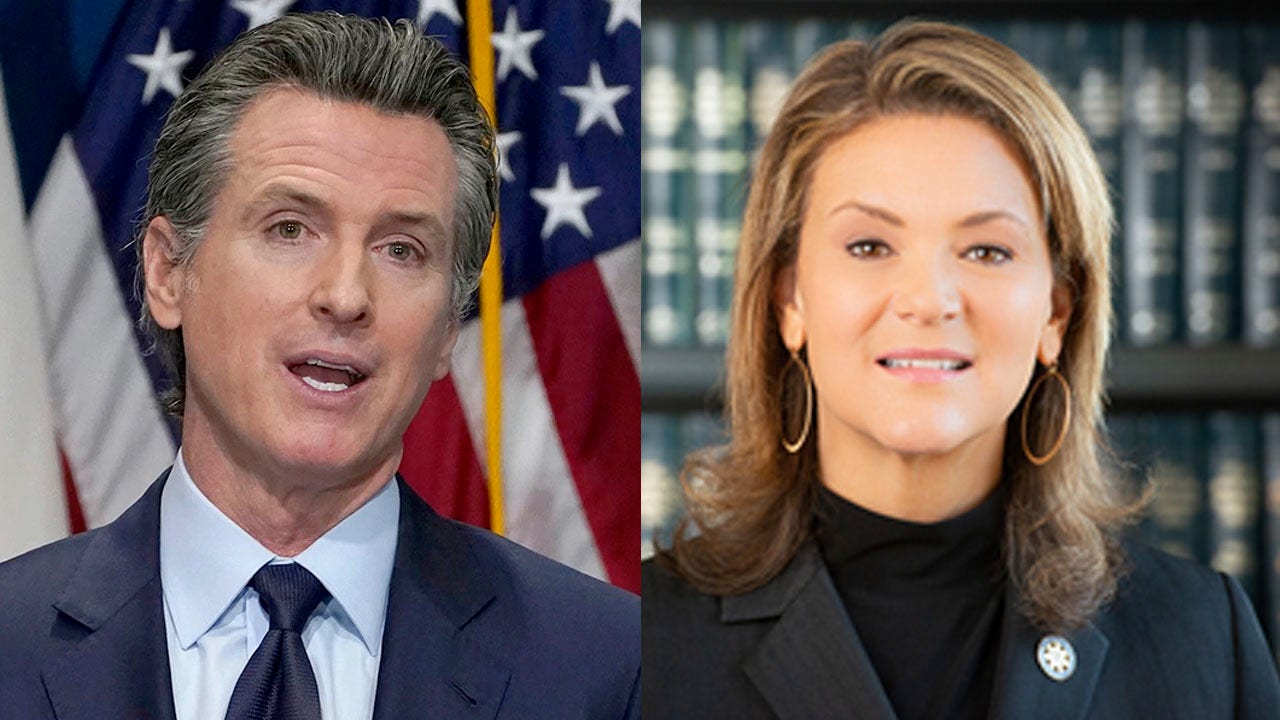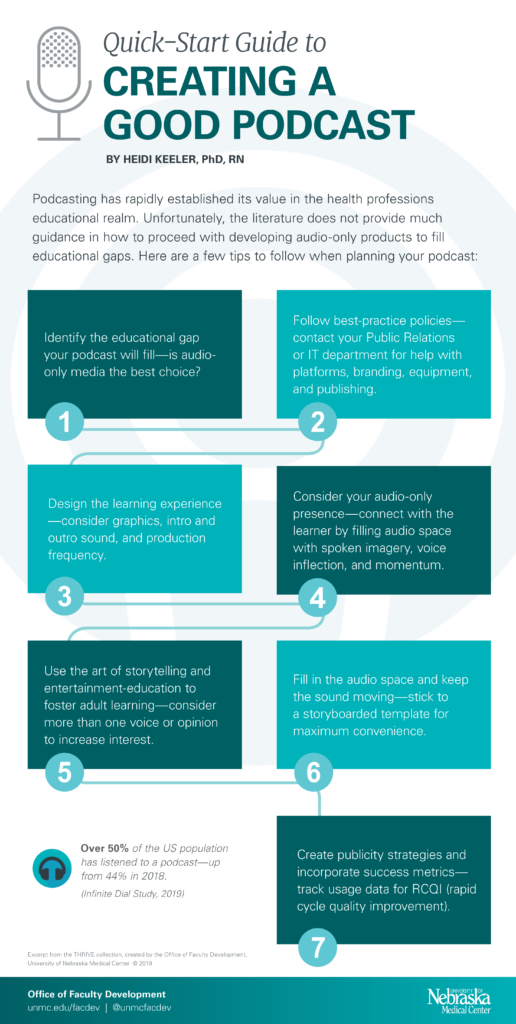Activision Blizzard Acquisition: FTC's Appeal Challenges Microsoft's Victory

Table of Contents
The FTC's Arguments Against the Acquisition:
The FTC's primary argument centers on the potential for anti-competitive practices. They contend that the merger would stifle competition in the video game market, creating a near monopoly and harming consumers. This concern focuses specifically on two key areas: the console market (Xbox vs. PlayStation) and the rapidly growing subscription services market, particularly Game Pass.
-
Anti-competitive Concerns: The FTC argues that Microsoft acquiring Activision Blizzard, a company with immensely popular titles like Call of Duty, World of Warcraft, and Candy Crush, would give Microsoft an unfair competitive advantage. This is especially true given Microsoft's substantial market share in the Xbox console market and its rapidly expanding Game Pass subscription service. The concern is that Microsoft could make these titles exclusive to Xbox, limiting consumer choice and potentially driving up prices.
-
Data and Evidence: To bolster their claims, the FTC presented extensive market data demonstrating Activision Blizzard's significant market share and the potential impact of the merger on competition. They relied on expert testimony from economists and industry analysts to support their assertion that the acquisition would lessen competition and harm consumers. The specifics of this data and testimony remain largely under wraps due to ongoing legal proceedings.
-
Focus on Call of Duty: The FTC's concern regarding Call of Duty is particularly acute. This incredibly popular franchise is played across multiple platforms, and the FTC fears that Microsoft could leverage its ownership to make Call of Duty exclusive to Xbox or make it significantly less appealing on competing platforms like PlayStation, thus damaging PlayStation's competitiveness. This exclusivity could also negatively affect cross-platform play, a feature valued by many gamers.
Microsoft's Defense and Counterarguments:
Microsoft vehemently refutes the FTC's claims, arguing that the acquisition will actually foster competition and innovation. They insist that the merger will benefit consumers through expanded access to games via Game Pass and will not harm competition.
-
Microsoft's Stance: Microsoft's central argument hinges on the benefits to consumers. They emphasize their commitment to bringing Activision Blizzard's games to a wider audience, including through Game Pass subscriptions. They also highlight their intention to continue supporting cross-platform play for popular titles like Call of Duty, thereby ensuring gamers on all platforms continue to have access to these games.
-
Commitment to Platform Parity: A key part of Microsoft's defense rests on their repeated pledges to keep Call of Duty on PlayStation and other platforms. They’ve even offered legally binding contracts to guarantee this. Whether these promises were deemed sufficient by the court remains a pivotal point of contention.
-
Regulatory Hurdles: The Microsoft-Activision Blizzard acquisition has faced significant regulatory scrutiny globally. While a US judge initially ruled in Microsoft's favor, other jurisdictions, notably the UK's Competition and Markets Authority (CMA) and the European Union, have expressed similar concerns about the potential anti-competitive effects of the merger. Navigating these differing regulatory landscapes is proving to be a major challenge for Microsoft.
Potential Outcomes and Implications:
The outcome of the FTC's appeal will have profound consequences. Two distinct scenarios emerge:
-
Scenario 1: FTC Wins the Appeal: If the FTC successfully overturns the initial ruling, the deal could collapse entirely. This would result in significant financial losses for Microsoft and Activision Blizzard, including substantial legal fees and potential antitrust penalties. It would also send a strong message about the increased regulatory scrutiny of large tech mergers.
-
Scenario 2: Microsoft Wins the Appeal: If the initial ruling stands, Microsoft will complete the acquisition. This would lead to significant market consolidation within the gaming industry, raising questions about the long-term impact on competition and consumer choice. The dominance of Microsoft in the subscription service and console markets could increase, potentially impacting pricing and the availability of gaming choices for players.
-
Impact on Future Acquisitions: Regardless of the outcome, this case will significantly influence future mergers and acquisitions in the technology industry. The level of regulatory scrutiny applied to this deal will likely set a precedent for future tech giants aiming to make similar acquisitions, leading to more rigorous reviews and perhaps a more cautious approach to large-scale mergers.
Conclusion: The Future of the Activision Blizzard Acquisition Remains Uncertain
The FTC's appeal against the Microsoft Activision Blizzard acquisition presents a complex legal and economic battle with far-reaching implications. The FTC's concerns about anti-competitive practices are substantial, countered by Microsoft's promises of platform parity and consumer benefits. The potential outcomes, ranging from a complete deal collapse to significant market consolidation, will shape the future of the gaming industry and the regulatory landscape surrounding tech mergers for years to come. Stay tuned for updates on the FTC's appeal against the Microsoft Activision Blizzard acquisition. The future of the gaming landscape hangs in the balance. This landmark legal battle will undoubtedly shape the future of mergers and acquisitions in the gaming sector for years to come.

Featured Posts
-
 Jorgenson Wins Paris Nice American Cyclists Victory
Apr 26, 2025
Jorgenson Wins Paris Nice American Cyclists Victory
Apr 26, 2025 -
 Examining The Truthfulness Of Claims Against Gavin Newsom
Apr 26, 2025
Examining The Truthfulness Of Claims Against Gavin Newsom
Apr 26, 2025 -
 Latest Macon County Building Permit Information
Apr 26, 2025
Latest Macon County Building Permit Information
Apr 26, 2025 -
 Chelsea Handlers Blunt Response To Dating Elon Musk To Save America Goes Viral
Apr 26, 2025
Chelsea Handlers Blunt Response To Dating Elon Musk To Save America Goes Viral
Apr 26, 2025 -
 From Scatological Data To Engaging Podcast Ai Driven Content Creation
Apr 26, 2025
From Scatological Data To Engaging Podcast Ai Driven Content Creation
Apr 26, 2025
